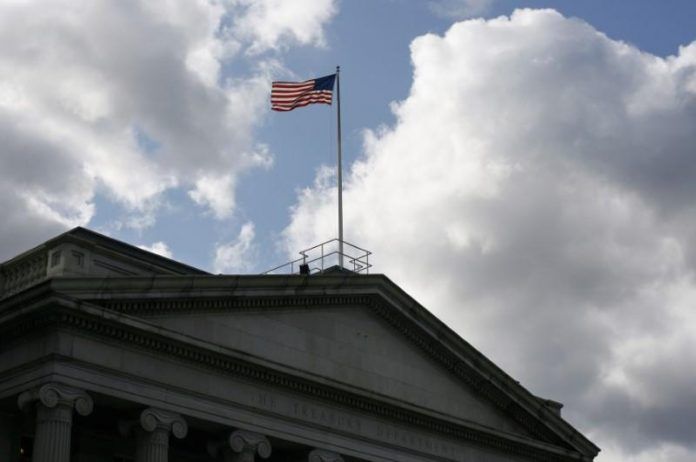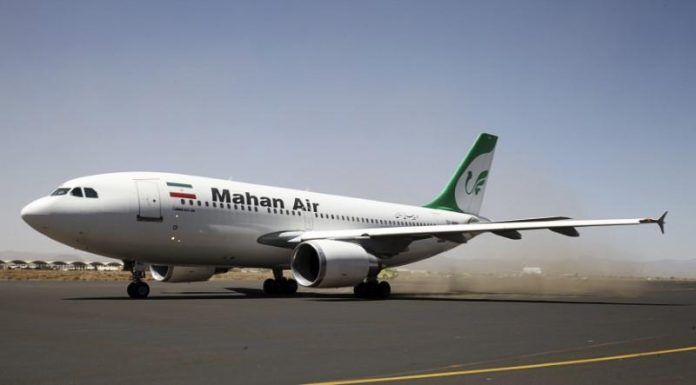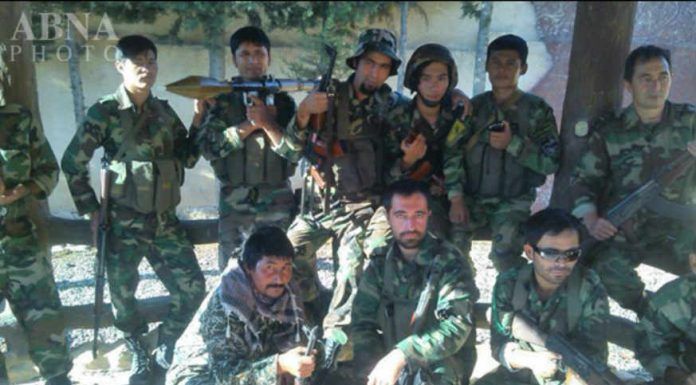WASHINGTON, Jan 24 (Reuters) – The United States on Thursday targeted two Iran-backed foreign fighter militias in Syria and two airlines that help send weapons to Syria in fresh sanctions as Washington prepares for a military withdrawal from the war-torn country.
All four groups are linked to Iran‘s Mahan Air and Iran‘s elite military unit, the Islamic Revolutionary Guard Corps-Quds Force, both of which are already blacklisted, the U.S. Treasury Department said in a statement.
The Fatemiyoun Division and Zaynabiyoun Brigade are being designated for providing material support to the IRGC-QF, the statement said.
“Treasury’s targeting of Iran-backed militias and other foreign proxies is part of our ongoing pressure campaign to shut down the illicit networks the regime uses to export terrorism and unrest across the globe,” Treasury Secretary Steven Mnuchin said in a statement.
Since President Donald Trump announced that Washington will withdraw its roughly 2,000 troops in Syria, the administration has tried to allay concerns that Islamic State militants could stage a comeback in the region, or that Iran and Russia will benefit from the U.S. departure.
The United States imposed sanctions on Mahan Air in 2011, saying it provided financial and other support to Iran’s Islamic Revolutionary Guards.
Treasury said Iran-based Qeshm Fars Air was designated for being owned or controlled by Mahan Air and for providing material support to the Quds Force. Armenia-based Flight Travel LLC acts for or on behalf of Mahan Air, which transports Iran-allied personnel and weapons to Syria, Treasury said.
Sigal Mandelker, the undersecretary for terrorism and financial intelligence, said Treasury is aggressively targeting groups that support Mahan air.
“Iran continues to leverage Mahan Air and its commercial aviation sector to transport individuals and weapons needed to carry out this tragic campaign and to fuel sectarian conflict throughout the region,” she said in the statement.
(Reporting by Doina Chiacu and Tim Ahmann; Editing by David Alexander and Steve Orlofsky)




